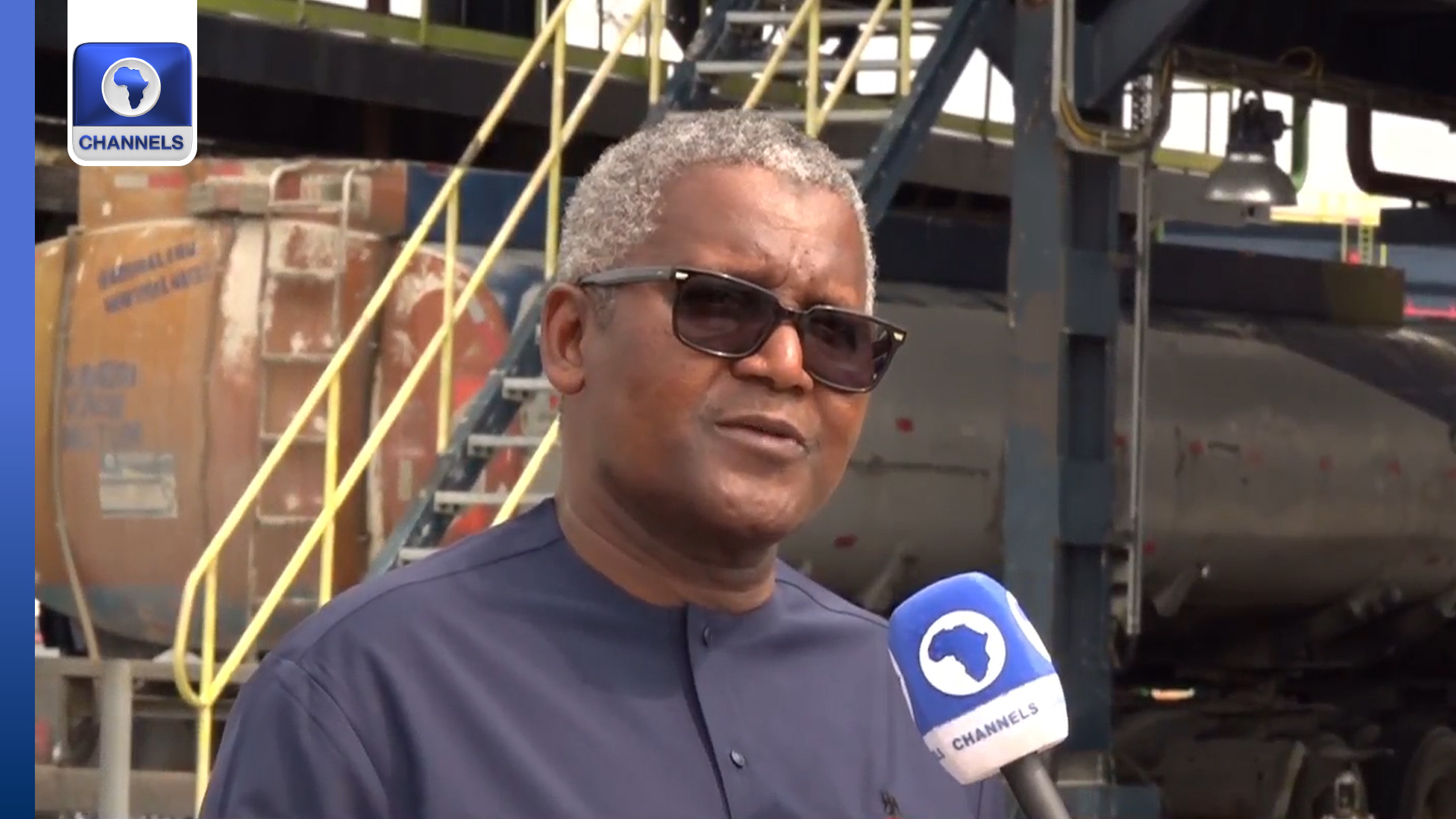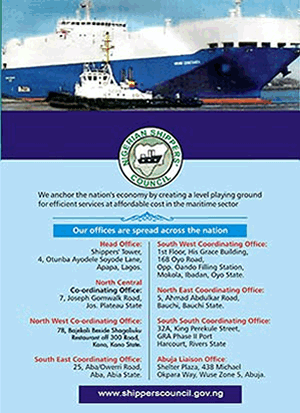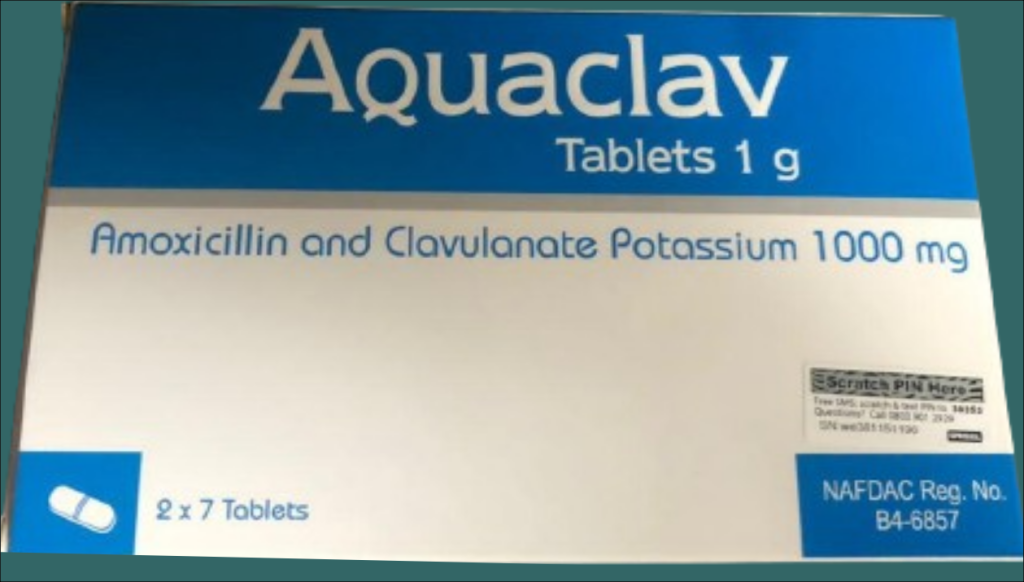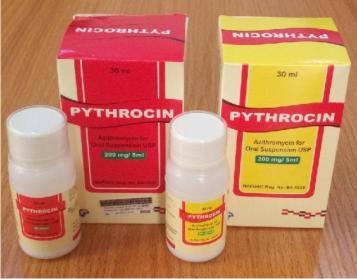

BY GODWIN OBI
Owner of Lagos-based refinery Aliko Dangote, on Tuesday, spoke on the pricing of petrol produced at his 650,000 barrels per day facility.
The refinery owner said as soon as his company finalises modalities with the Nigerian National Petroleum Company Limited (NNPCL), the product will hit the market.
“Our PMS (Premium Motor Spirit) can be in filling stations within the next 48 hours depending on NNPCL,” he said.
Asked to speak on the pricing of petrol from his refinery, Dangote said, “It is an arrangement which is designed and approved by the Federal Executive Council led by His Excellency, President Bola Ahmed Tinubu.
“As soon as it is finalised, which he (Tinubu) is pushing, once we finish with NNPC, it can be today, it can be tomorrow, we are ready to roll into the market.”
He declared that “it’s a celebration day” for Nigerians and assured all citizens that they “are now going to have good petrol while the engines of your vehicles will last longer. You will not be having an engine issue, which a lot of us were having. It won’t happen at all”.
“The quality here will match that of anywhere in the world; US, America, we will make sure that nobody will beat us in terms of quality,” Dangote said.
Last December, Dangote, Africa’s leading industrialist, commenced operations at his $20bn facility sited in Lagos with 350,000 barrels a day.
The refinery, which was initially bogged by regulatory battles, hopes to achieve its full capacity of 650,000 barrels per day by the end of the year.

The refinery has begun the supply of diesel and aviation fuel to marketers in the country and now petrol.
Nigeria, Africa’s most populous nation, faces energy challenges, with all its state-owned refineries non-operational. The country is heavily reliant on imported refined petroleum products, with the state-run NNPCL being the major importer of the essential commodities.
Fuel queues are commonplace in the country. Prices of petrol tripled since the removal of subsidy in May 2023, from around ₦200/litre to about ₦800/litre, compounding the woes of the citizens who power their vehicles, and generating sets with petrol, no thanks to decades-long epileptic electricity supply.
ADVERTISEMENTS:










Pythrocin distributed by Pinnacle Health Pharmaceuticals Ltd






